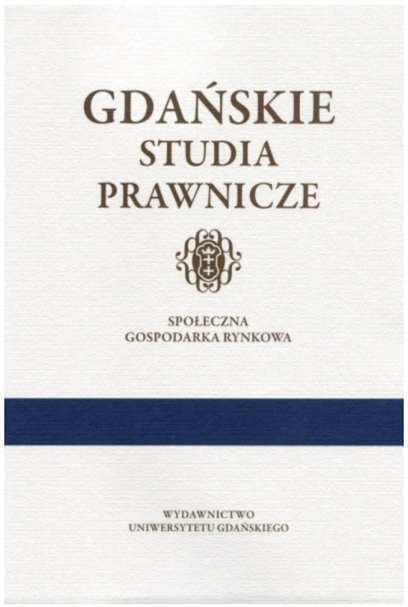Kilka refleksji na temat podwyższenia wieku emerytalnego w Polsce (na marginesie wyroku Trybunału Konstytucyjnego w sprawie K 43/120)
Some reflections on the raise of the retirement age in Poland (on the Margin of the Judgment of the constitutional tribunal in the case K 43/120)
Author(s): Marcin ZielenieckiSubject(s): Gender Studies, Constitutional Law, Labor relations
Published by: Wydawnictwo Uniwersytetu Gdańskiego
Keywords: law; constitutional law; woman in Poland; Labor organization; Convention;
Summary/Abstract: On 11 May 2012 the Sejm passed law providing the increase and equalization of the retirement age for men and women in Poland. The raise of the retirement age took place on 1 January 2013 and it applied to women born after 1952 and men born after 1947. The process of gradual unification of the retirement age for men and women is supposed to finish in 2040, when every insured person regardless of gender will retire at the age of 67. The doubts have been raised in regard to the compliance of the mechanism used in order to raise and standardize the retirement age for women and men with the constitutional principles of the protection of rights already acquired, the citizens’ trust to the state and its laws, the appropriate legislation, as well as the equality before the law and equality between men and women in matters of social security. It is also said that the above mentioned regulation violates art. 26 p. 2 of the Convention No 102 of the International Labor Organization, which has been ratified by Poland, in regard to minimum standards of social security, which defines the maximum age limit for the retirement at 65 years and allows for older age only if older people in particular country retain the ability to work. These doubts have been resolved by the Constitutional Tribunal in its judgment of 7 May 2014 (K 43/12). The Tribunal stated that the amending of the Act of 11 May 2012 infringed art. 2, art. 32 and art. 33 of the Constitution. The Tribunal pointed out that the acquiring of the right to partial retirement under different conditions provided for women and men was not restricted by a term and therefore it did not harmonize with the alignment of the retirement age for men and women. In other respects, the Tribunal did not see any grounds for declaring the unconstitutionality of the law of 11 May 2012 and its noncompliance with art. 26 p. 2 of Convention No. 102. The Author critically assesses the Tribunal’s point of view on the compatibility of the provisions of the law of 11 May 2012 with art. 26 p. 26 of the Convention No. 102. In his opinion, the Tribunal unreasonably appealed to other circumstances than citizens’ ability to provide work due to a natural phenomenon of aging.
Journal: Gdańskie Studia Prawnicze
- Issue Year: 2015
- Issue No: XXXIII
- Page Range: 507-523
- Page Count: 17
- Language: Polish

